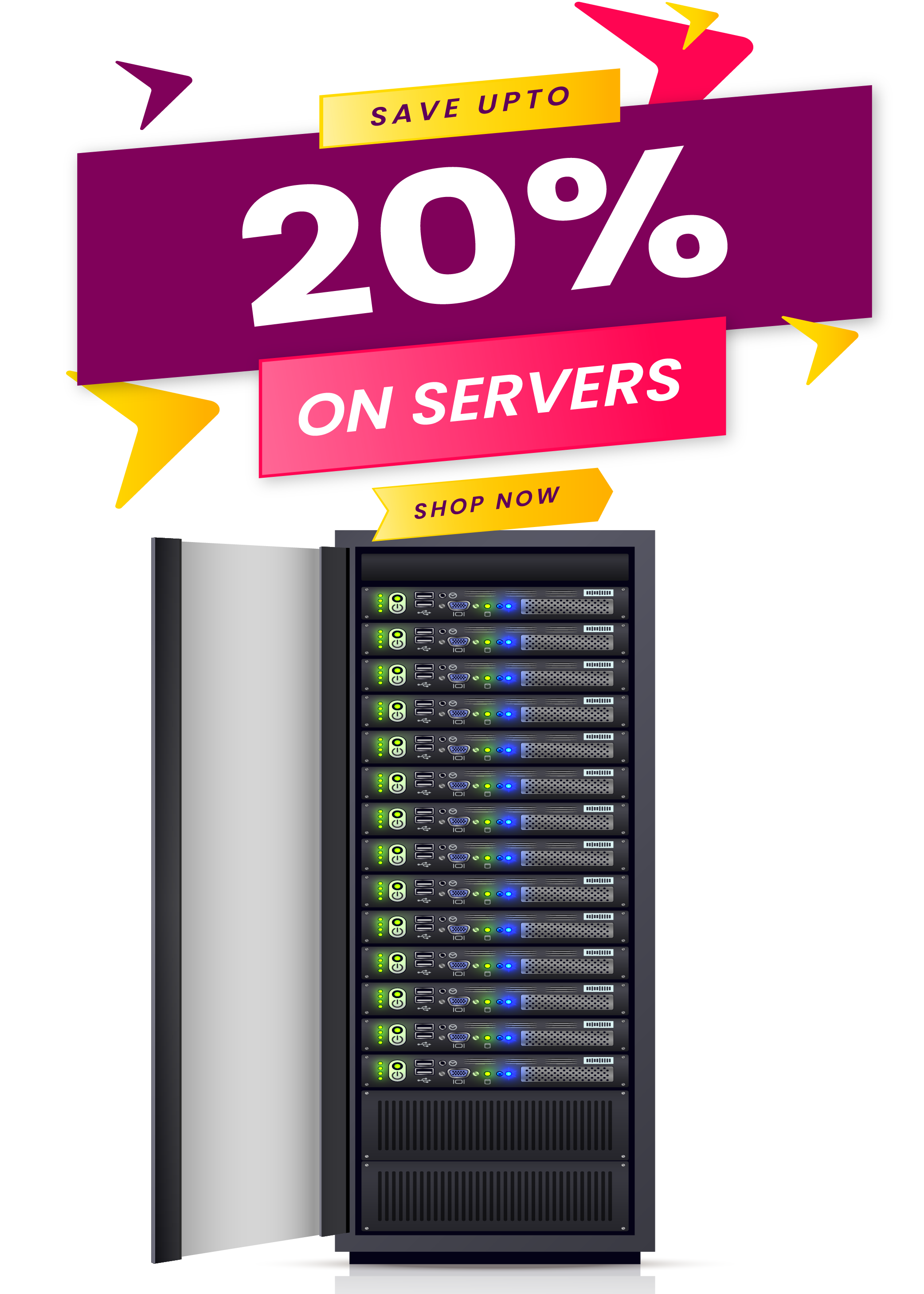What is the Role of Data Center Management?

Managing a data center includes the process of administering the services, processes, and the day-to-day requirements of the facility. A data center as a compound includes components such as hardware, software, services, and physical infrastructure, all of which require strong management. While handling a data center, it is essential that the efficiency of operations be maintained while keeping cost efficiency in mind. Data centers generally use certain tools and technologies to achieve the stated goals.
Understanding the Data Center
A data center is a specialized facility aimed to house critical digital infrastructure, including servers, networks, hardware, and software components, along with storage systems. It generally serves as a medium to store, handle, and implementation of extensive data to ensure the smooth operations of the businesses. They are equipped with strong power supplies, cooling systems, and redundant setup in order to maintain the highest uptime with minimum latency. Moreover, they have advanced security features to provide physical and digital security. This way, these data centers ensure a more controlled and supportive environment to meet the demands of modern-day businesses in order to thrive in the competitive setup.
Data center management has a few facets, including hardware, software, and physical infrastructure. On the hardware side, it includes the types of equipment used in the facility, such as computing hardware and storage hardware, while, on the other hand, the software part of a data center includes the virtual workloads that, however, run on the hardware components but require specific management. Moreover, physical infrastructure is another important domain that needs to be considered while managing a data center. It generally involves backup systems to deal with disaster occurrences and power interruptions along with strengthened power and cooling systems and managed security and access parameters.
Let us now understand these crucial aspects of data center management in greater detail, ranging from infrastructure management, network management, data management, operational management, security, environmental management, and compliance. So, let’s get started.
-
Infrastructure Management
While managing the infrastructure in a data center, it is essential to take hardware management, power management, cooling systems and space utilization into account. Hardware Management being the keystone in the data center operations needs to be taken care from the very beginning that is from installation and configuration to the maintenance and upgrades on a regular interval. This ensures that unexpected failures can be managed beforehand while managing the utmost output through operation optimization.
Apart from that, power and cooling systems remain another task to be managed as they remain essential to guarantee uninterrupted functioning. Generally, data centers use backup generators, UPS, air conditioning units, and cooling racks to manage these aspects. Another key to maximizing the functionality of a data center includes the efficient space utilization. This can be achieved by organizing servers and equipment within racks for maximizing space and ensuring easy access for maintenance.
-
Network management
Network management is about making sure everything stays connected. This will include the design of a resilient network with efficient load balancing and redundancy. It is necessary to monitor the systems constantly in order to detect and prevent problems, including outages and other failures that may occur, using different tools for tracking and problem-solving in real time. Another one is the security of the network; this involves the use of firewalls and intrusion detection systems to prevent threats and unauthorized access. This ensures that the various resources are secure and only accessible by those who are legally allowed into the network, and thus, several access controls, including multi-factor authentications, are implemented.
-
Data Management
Data management is critical in order to ensure that the data are accessible, effective, and secure. Effective storage management includes provisioning storage resources to help applications meet their specifications and to put effective backup and restore measures to minimize the impact of failure or data corruption. Data protection involves encrypting data while storing and in transit to safeguard it from unauthorized access, ensuring data integrity and confidentiality. Regulatory standards, including GDPR, HIPAA, and PCI-DSS, are also important since organisations need to put certain practices into place and periodically review them to ensure compliance with the laws. Such a detailed approach to storage and protection assists in data integrity, improving operation functionality, and keeping important information secure.
-
Operational Management
While managing the operations in a data center, performance monitoring and incidents are essential mechanisms of keeping the service quality and data center effectiveness in check. Supervision is one of the components of performance management that makes use of tools to review the well-being of servers, storage and network components, primarily concerning indicators such as CPU and memory load, speed and storage of networks. Effective capacity planning relies on analyzing performance data and usage trends to forecast future needs and prevent infrastructure overload.
Moreover, disaster planning and response entails the definitions of appropriate course of action regarding occurrences for example hardware breakdowns, security violations, or provision interruptions so that they may be promptly resolved and problems occurrence limited. Altogether, these practices help to keep data center maintaining Its functionality, continuity and effectiveness in delivering quality services.
-
Security Management
Security in general encompass measures that one can take to ensure physical security and cybersecurity of the data center from the threats. Physical security mainly deals with limiting entry and exit procedures by means of identification cards, fingerprints, guards, and CCTV camera system that enable identification of intruders and secure the hardware and data.
Moreover, cybersecurity is also equally important and requires consistent vulnerability scans in an organization’s systems and applications to check for areas of doubt. It also includes patch management, which is the ability to apply security fixes to software and hardware systems. Hence, with strong physical security complementing the strong cyber security measures, the data centers can prevent threats from compromising their physical infrastructure, data integrity, and losses from either physical or cyber means.
Read Also: Cloudflare DDoS Protection : How Does it Shield Your Site from Cyber Threats?
-
Environmental Management
Environmental management in data centers consisted of combating the effects of climate change and pursuing operational continuity. Green data center measures involve the deployment of energy-saving technologies, including cooling and power solutions, which reduce power consumption and operational costs while supporting sustainability goals. Additional measures being taken to reduce the degree and impact of harm include recycling and the use of renewable energy resources.
Moreover, disaster recovery planning is equally important as it includes formulation of measures on how the data can be regained and services restored to cut down on more operational losses. Recovery mechanisms such as backup, redundancy and failover strategies should be implemented.
Regular testing and drills are essential to ensure the disaster recovery plan’s effectiveness, identify potential weaknesses, and ensure that staff are prepared to handle emergencies. Together these activities support sustainability of the environment and solid business continuity management.
-
Compliance and Reporting
Compliance and reporting are small but highly important sections of data center management that are orientated on the adherence of the legislation and the provision of norms on data center’s activities. Regulation means adherence to rules such as information security management standard ISO/IEC 27001 and the legal demands of the nation and specific industry rules regarding data protection and other rules.
This helps to check on the aspects of data center compliance to the set standards, other penalties, and other aspects of compliance. Reporting and documentation enhance legal compliance as well as operational efficiency. Proper record keeping and detailed reporting do not only enable organizational control but also provide assurance that compliance has been observed and improve the level of confidence of consumer.


